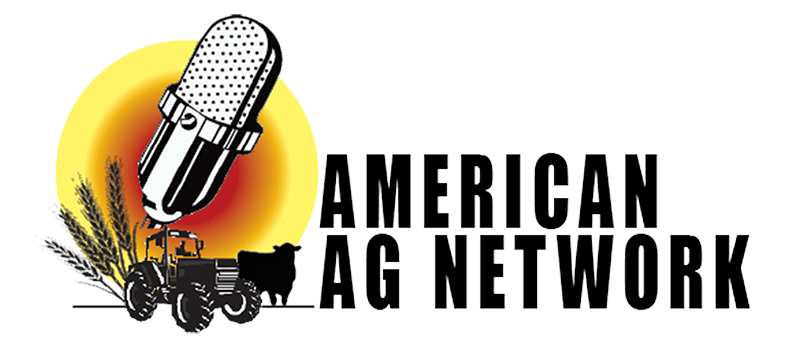URBANDALE, Iowa (April 26, 2024) – According to a Bloomberg news report, Brazilian-grown sugar cane ethanol shipments have begun arriving at a U.S. plant in Georgia. The sugarcane ethanol will be used to supply the Sustainable Aviation Fuel (SAF) market. Corporate targets indicate SAF usage could amount to 3.3 billion gallons annually by 2030.
“The current demand for low-carbon ethanol, both domestically and internationally, is revolutionizing the agriculture industry. The question is, will the U.S. be able to participate in these new markets, or will we get left behind?” said Tom Buis, CEO of the American Carbon Alliance. “If we want to see American agriculture survive and thrive, we must ensure corn ethanol is part of the solution when it comes to Sustainable Aviation Fuel. If we don’t act, Brazil will continue to fill the void.”
According to the U.S. Grains Council, Brazil is the second-largest producer of ethanol in the world and was a net exporter supplying markets globally.
In order for American corn ethanol to be used for Sustainable Aviation Fuel, we must lower the carbon score by first adopting a realistic model for calculating the carbon score of corn ethanol such as GREET. Second, we must capture carbon at the ethanol plants and sequester it. Approval of projects such as Summit Carbon Pipeline, which will capture carbon from 57 ethanol plants, or ethanol plants who are directly sequestering, are vital steps in allowing the U.S. to compete for the increased demand for Sustainable Aviation Fuel. This will provide economic benefits to rural America.
“The use of Brazilian sugarcane ethanol being used in American SAF plants should be a wake-up call to American farmers. We must adopt GREET and support carbon capture and sequestration if we want a profitable future,” said Buis.



